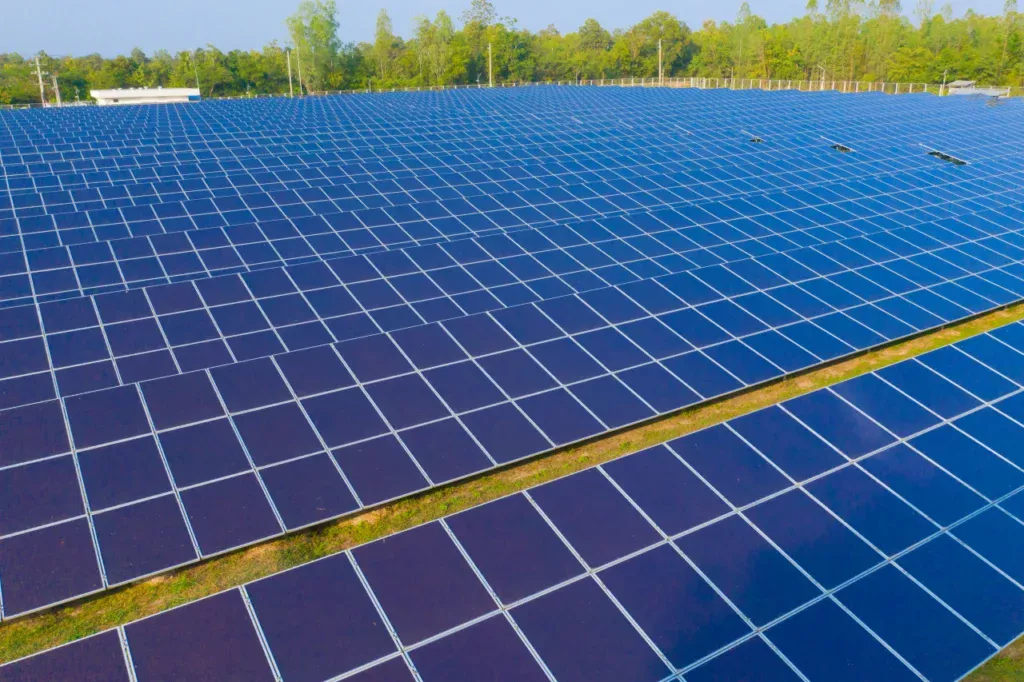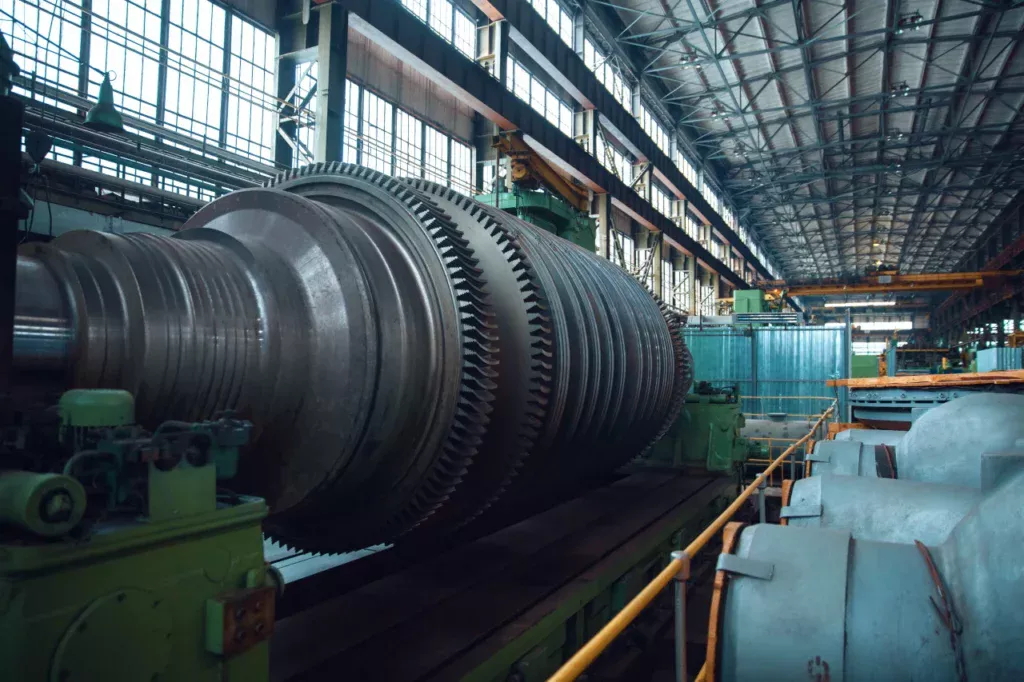The development of new materials for energy conversion and storage is paramount as our society progresses towards a sustainable energy economy. The next generation of battery technologies will play an important role in this transition by enabling the storage of intermittent green energy sources such as solar or wind power, in addition to meeting demands for affordable and long-lasting electric vehicles. Current lithium-ion battery technologies have seen widespread success, but the sheer number of batteries that will be required in the near term necessitates the development of complementary technologies that reduce reliance on several materials with limited global reserves such as lithium, cobalt, nickel, and copper. Enabling these future technologies will require the large-scale production of new battery materials. We have recently developed a scalable, solvent-less production method for nanomaterials towards this end, which we envision can help lower costs and improve safety for the wide-spread manufacture of battery materials.









